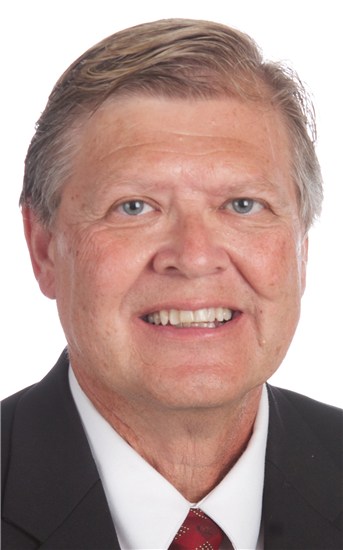By Peter G. Shaw-McMinn, OD
June 10, 2015
There are advantages to taking in an associate, but many of our colleagues have difficulty doing so. Some of the reasons for this: You may feel the associate is not as good as you. Perhaps they have a different practice philosophy. Often young associates don’t seem to know how premium lenses can be prescribed to help their patients. There could be problems settling on compensation. Or it can just be hard to share your practice with someone after working so hard to make it successful.
A good way to bring in an associate, yet remain separate from them, is “expense-sharing.”
Office Sharing Agreement
I have used a “handshake agreement” with associates I planned to share expenses with. However, you may feel more comfortable using a formal contract, like the one linked to below, which was created by John Larcabal, OD, of Drs. Larcabal, Stevens & Almanza, in Norwalk, Calif.
>>Click HERE to download a copy of an Office Sharing Agreement<<
—Peter G. Shaw-McMinn, OD
Expense-sharing refers to sharing an office with someone in such a way as overhead expenses are shared. Every minute a doctor is not using the entire office, they are losing money through overhead expenses. Vacations, afternoons off, continuing education and sick leave all cost the doctor extra because overhead expenses remain. Having a second doctor present, bringing in an income every minute the office is open, increases the efficiency of the office, and reduces the chair-time cost.
By expense-sharing, the young OD can open a practice and take advantage of all the tax benefits. The senior doctor has the advantages of overhead being covered when he or she is not in the office.
I’ve used expense-sharing several times to bring associates into my practice. The first time was when I was asked by a vision therapy resident at the Southern California College of Optometry if he could come into my practice on Saturdays and see patients to keep his general optometry skills up. I figured as a favor I’d give him all the profit, so I let him keep one-third of all the gross income receipts. I was surprised to discover I made a few thousand dollars a month while I was playing golf on Saturdays! As vision plans appeared, we adjusted the percentage and made it work with subsequent associates.
I suggest you try this yourself for six months with a young graduate.Try paying the junior doctor 25-30 percent of gross receipts. This may seem like a lot, but remember, you are getting money you would otherwise lose while you are playing golf. You may need to alter the percentage depending on vision plans. The point is both of you must make enough money for the arrangement to be successful.
If you are worried about lab re-dos, you can have the junior OD pay their own lab bill and pay you 25-30 percent of the gross receipts.
In either case, you now have income when you are out of the practice, and a young OD has a start on having his/her own private practice. It has been my experience that such arrangements turn out to be win/win for everyone.
I’m confident expense sharing can be a successful way for you to add an associate–and you will like making money while playing golf with your friends!
Would you consider sharing expenses with a new associate? What do you think are the advantages of expense sharing? Are there any disadvantages?
Peter G. Shaw-McMinn, OD, is an assistant professor of Clinical Studies at the Southern California College of Optometry. He is the senior partner of Sun City Vision Center, a group practice including five optometrists. Dr. Shaw-McMinn has served as chairman of the AOA Practice Management Committee and the Association of Practice Management Educators. He was the appointed Benedict Professor in Practice Management for the University of Houston College of Optometry for 2001-2002. To contact him: shawmc1@me.com.

























